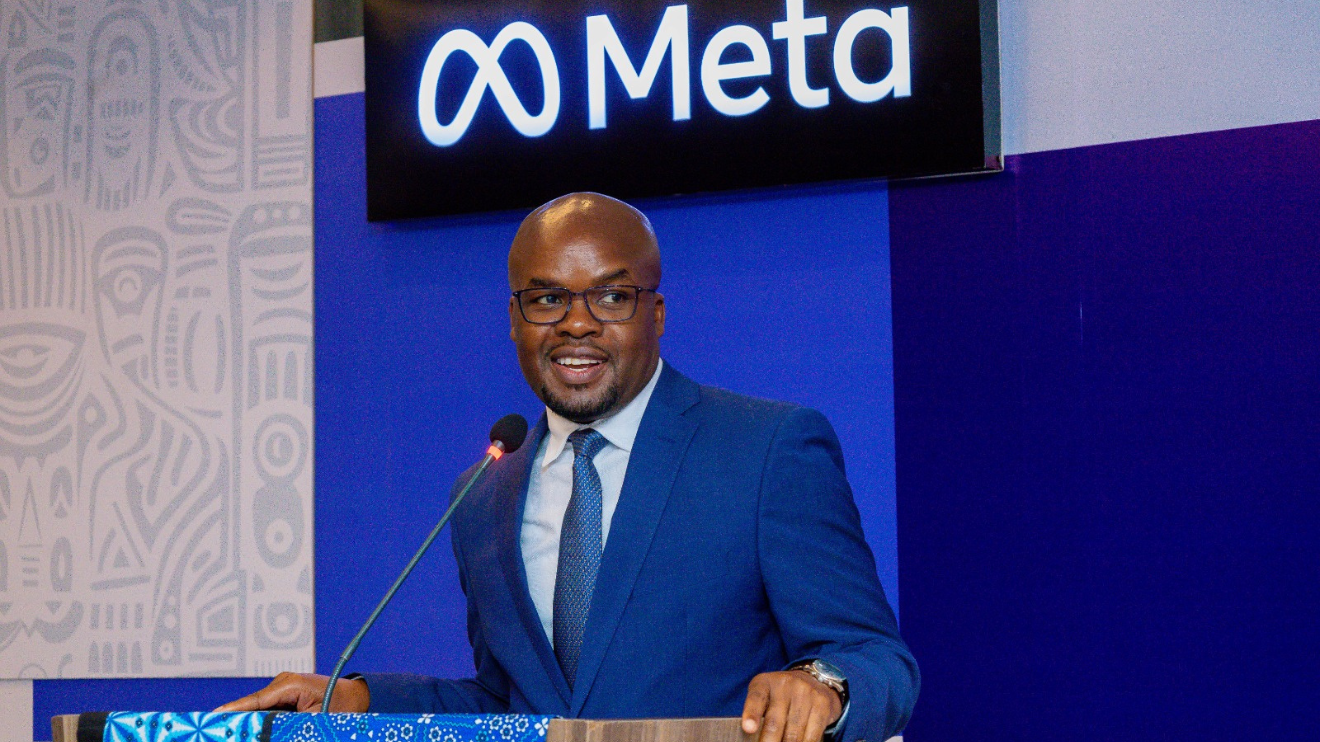Facebook’s dominance in Kenya’s social media landscape continues to grow, solidifying its position as the country’s most popular platform.
According to the latest report by the Communications Authority (CA) of Kenya on audience measurement and industry trends, Facebook accounted for 57.1% of users as of December 2024. WhatsApp, also owned by Meta, followed closely with 54.4%, while TikTok secured third place with 29.5%. YouTube held 26.2% of the digital market, with Instagram and X (formerly Twitter) trailing at 12.9% and 12.2%, respectively.
“The widespread use and frequent mention of Facebook and WhatsApp highlight their significant influence in Kenya’s digital space. Social media, primarily accessed via mobile phones, remains a crucial part of media consumption,” the CA noted.
The report revealed a 10% rise in Facebook usage within Kenya. In the three months leading up to December 2023, Facebook surpassed WhatsApp as the most-used social media platform. At the time, CA data showed that 47.5% of Kenyans were on Facebook, narrowly edging out WhatsApp at 47.3%.
Previously, YouTube held third place, but TikTok has since overtaken it. Despite this shift, YouTube’s user base has grown, increasing from 18.6% in early 2023 to 21% by the end of that year, and further reaching 26.2% by December 2024.
TikTok has also seen steady growth, climbing from 17% to 19.3%, eventually surpassing YouTube as the third most popular platform. Meanwhile, Instagram has struggled to expand its user base, increasing only slightly from 11.8% to 12.9%. On the other hand, X has gained traction, growing from 7.9% to 12.2%.



